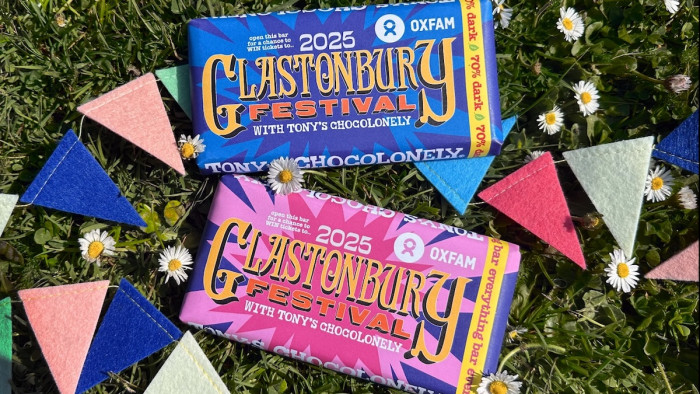Your supermarket receipts could be about to get a whole lot more judgemental
Is this a step too far?


The last few years have seen plenty of us begin to pay close attention to the nutrition information in everything we eat, but is there such a thing as too close an eye on it all?
We ask because new proposals from academics at Birmingham City University are treading right on the line between paying attention to what we’re consuming and guilting us into changing our habits.
Most of us are familiar by now with the ‘traffic light’ system for recommended allowances of calories, carbs, protein and the like: it allows us to see – and then often ignore – the warnings whenever we pick up our dinner from the supermarket.
But a traffic light system for your entire bill, not just for individual items? That’s where people seemingly want to draw the line.

‘It would allow people to see instantly if their regular food shops are too high in certain elements, meaning they can tailor future shopping trips to reduce potentially harmful intakes,’ a release from Birmingham City University explains.
‘Research into the project shows that more than 83 per cent of people currently use traffic light information to assist them in making their food purchases and more than half said they would like to see the total data displayed on their shopping receipts.’
At the moment, the new receipts are just a suggestion and there is no sign that they will be brought in any time soon.
And, while it may prove helpful to some, there’s a sense that it is just another way of saying people can’t be trusted to make their own decisions.
You know what, looking at some of the British public’s choices of late, maybe they’re onto something after all.
Just make sure they stop short of setting off sirens for anyone whose trolley contains items firmly in the ‘red’ section of the traffic lights.
(Images: Rex Features)
Latest
Related Reviews and Shortlists


Ten things you need to know about Hyrox








